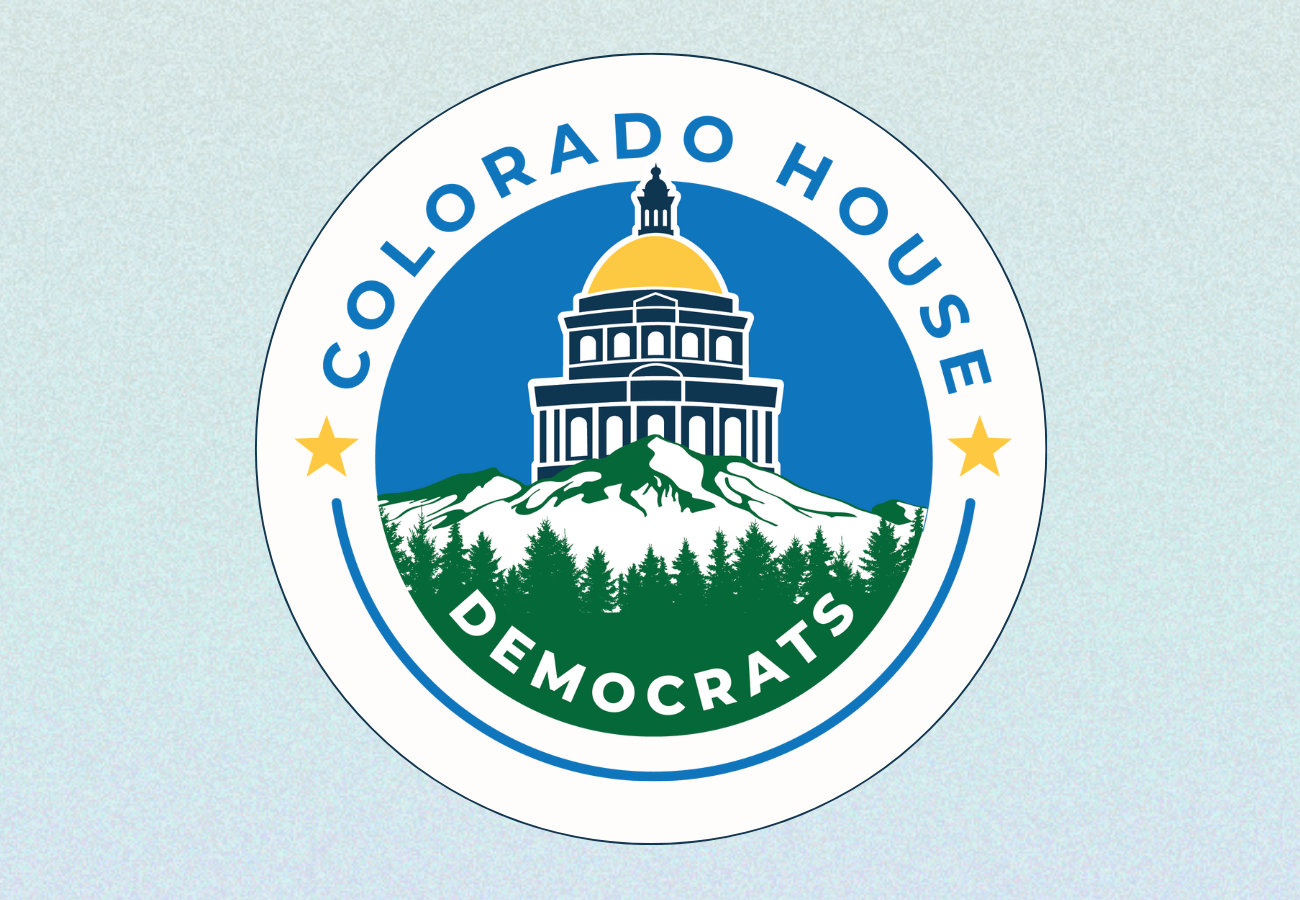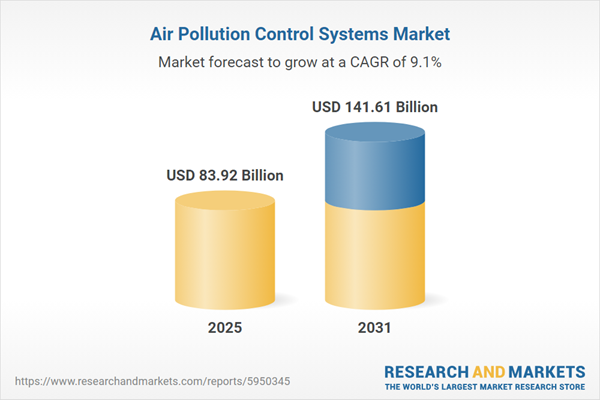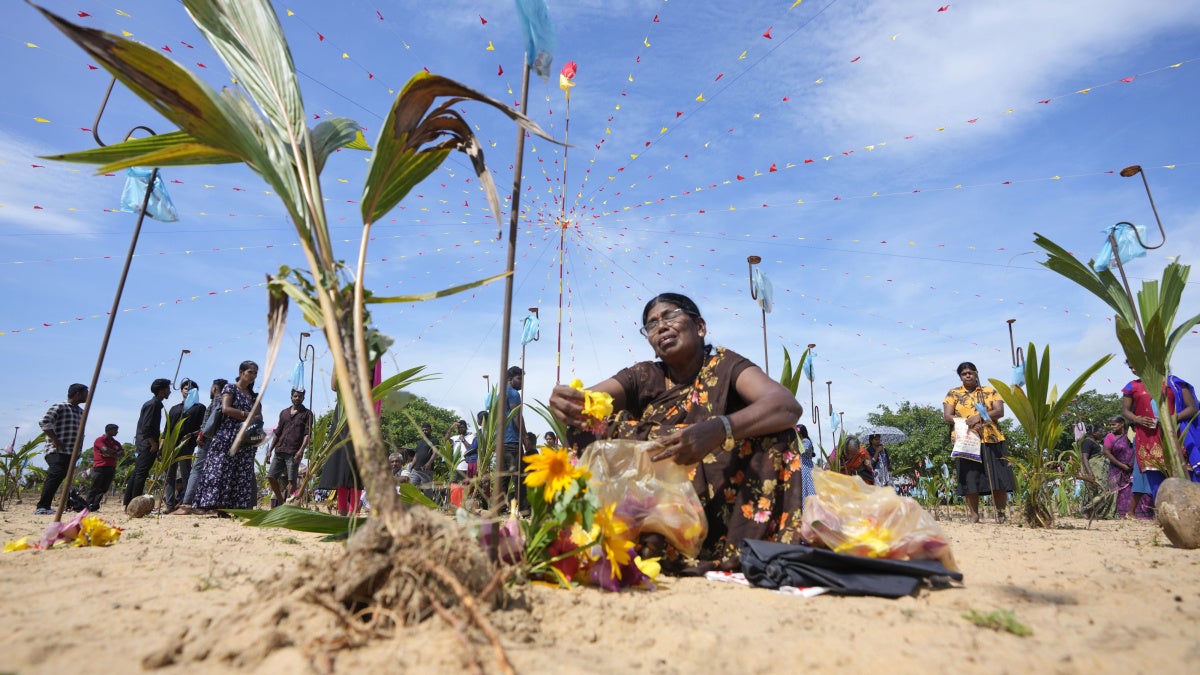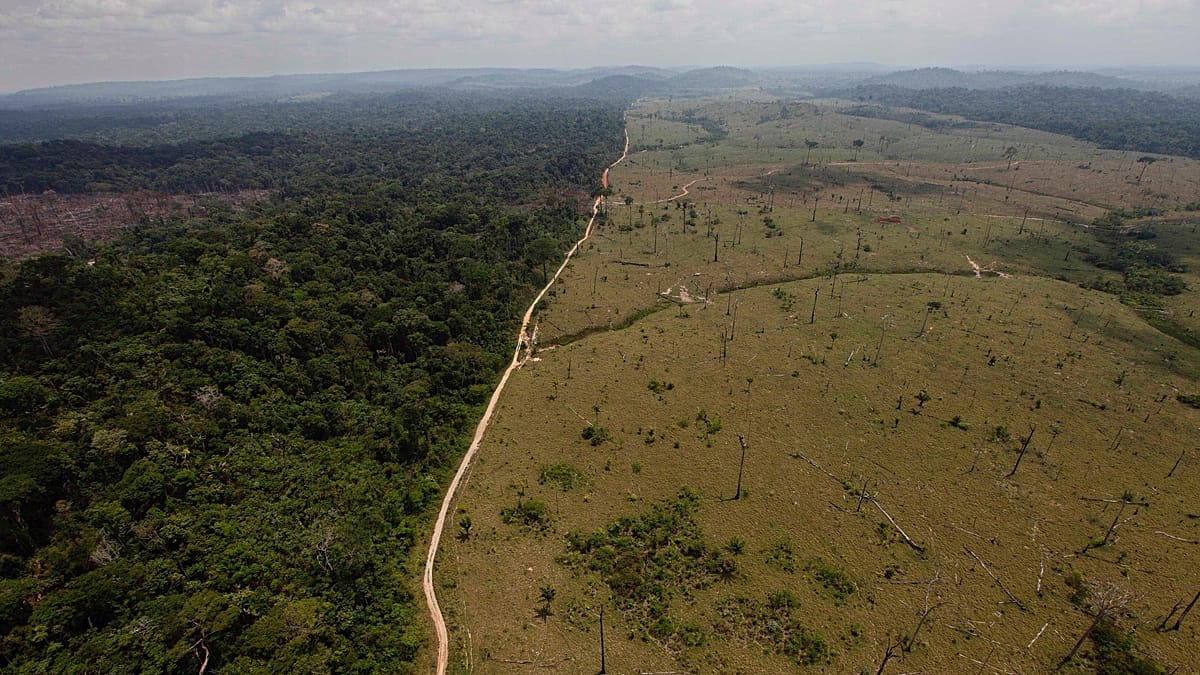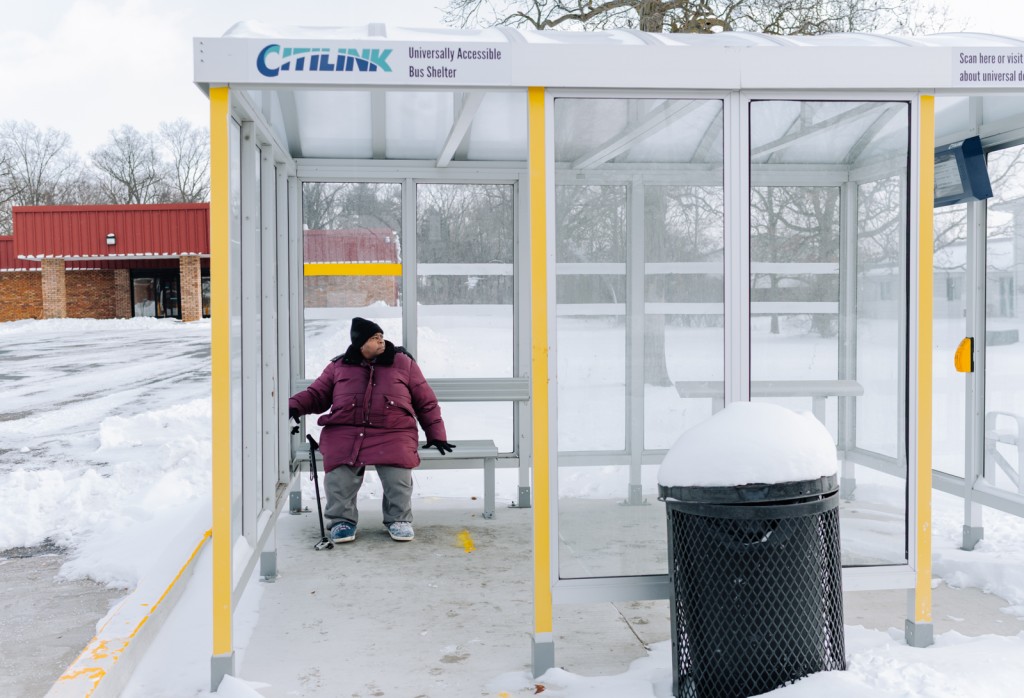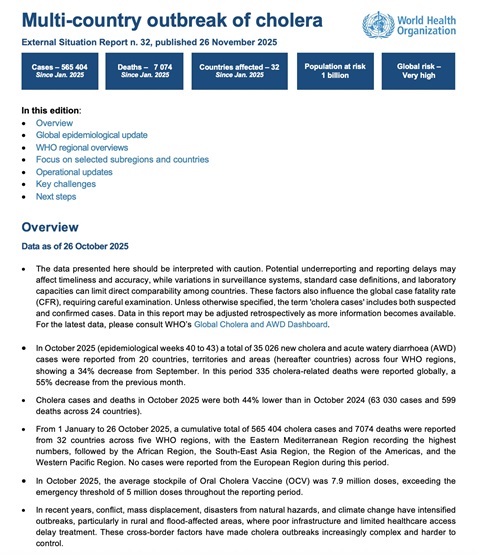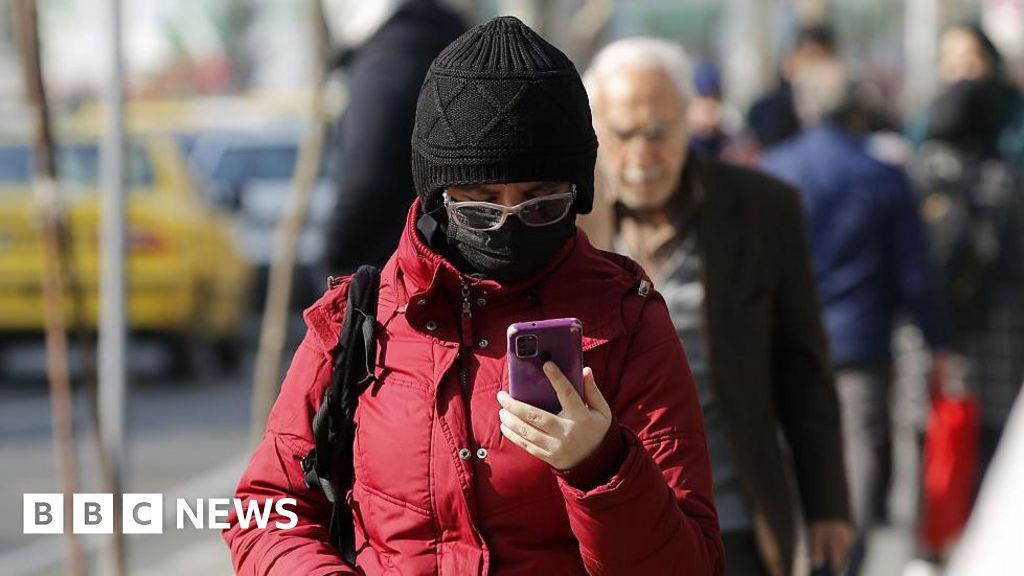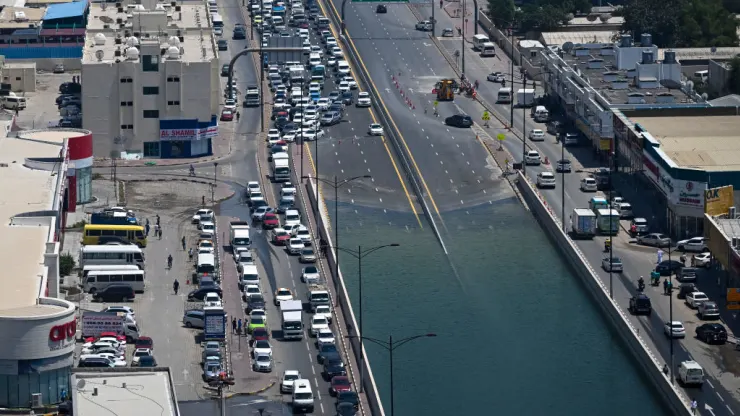Sri Lankan foreign minister opposes United Nations HRC investigation into human rights abuses – World Socialist Web Site
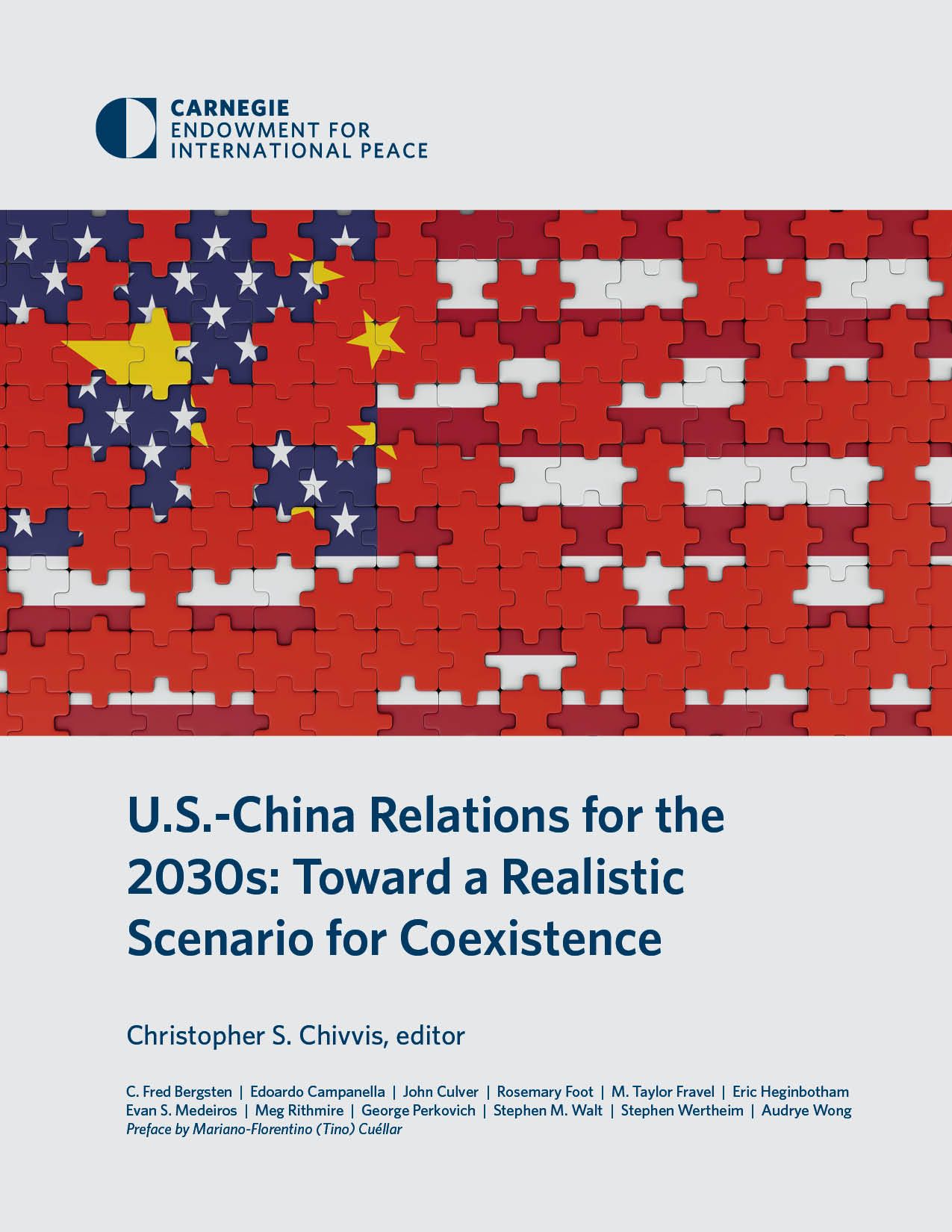
Report on Human Rights and Sustainable Development Goals in Sri Lanka
Introduction: UNHRC Session and National Stance on Accountability
At the 60th regular session of the UN Human Rights Council (UNHRC) on September 8, the Sri Lankan government formally stated its opposition to external accountability mechanisms. Foreign Minister Vijitha Herath rejected the key recommendation of the Council’s August 12 report, which called for an international mechanism to investigate war crimes and human rights violations. This position presents a significant challenge to the principles of international cooperation outlined in Sustainable Development Goal 17 (Partnerships for the Goals) and the promotion of justice under SDG 16 (Peace, Justice and Strong Institutions).
The government, led by President Anura Kumara Dissanayake, asserted that it had made sufficient progress on human rights and national reconciliation. However, subsequent reports and resolutions suggest these reforms are inadequate to meet international standards and achieve the targets of SDG 16.
UNHRC Assessment and Proposed Resolution
The UNHRC’s August 12 report, titled Situation of Human Rights in Sri Lanka, provides a comprehensive review of the human rights landscape up to July 2025. The report was informed by the visit of UN High Commissioner for Human Rights Volker Türk from June 23 to 26, during which he met with government officials and civil society representatives.
In response to the report’s findings, the Sri Lanka Core Group, comprising Canada, Malawi, Montenegro, North Macedonia, and the United Kingdom, tabled a resolution on September 10. This resolution seeks to extend the mandate of the Office of the UN High Commissioner for Human Rights (OHCHR) to continue monitoring and reporting on the situation, thereby reinforcing the global commitment to SDG 16.
Analysis of Progress Towards SDG 16: Peace, Justice and Strong Institutions
Contrary to government claims, the UNHRC report documents widespread violations that undermine progress towards SDG 16. The findings indicate a persistent lack of accountability and a failure to strengthen institutions responsible for upholding the rule of law (SDG 16.3) and protecting fundamental freedoms (SDG 16.10). Key challenges identified include:
- Use of Torture: Routine use of torture and ill-treatment in detention facilities, directly contravening the goal of reducing all forms of violence (SDG 16.1).
- Custodial Deaths: Multiple custodial deaths, with 13 reported since 2024, and a lack of effective investigations, highlighting weaknesses in institutional accountability (SDG 16.6).
- Repressive Legislation: Continued use of the Prevention of Terrorism Act (PTA), leading to arbitrary arrests and prolonged detention. This, combined with the Online Safety Act, creates a restrictive legal framework that limits freedom of opinion and expression (SDG 16.10).
- Targeting of Minorities: Arrests targeting individuals from Tamil and Muslim communities for participating in memorialisation events, which impedes efforts to reduce inequalities (SDG 10) and ensure inclusive societies (SDG 16.7).
- Intimidation and Harassment: Ongoing surveillance and intimidation of human rights activists, families of the disappeared, and community leaders, particularly in the North and East.
- Land Disputes: Unresolved longstanding land disputes involving the military and state agencies, which hinders peace and justice.
Recommendations for Strengthening Institutions and Upholding Human Rights
The UN High Commissioner for Human Rights has called for a series of reforms to align Sri Lanka’s legal and institutional frameworks with its commitments to the Sustainable Development Goals. These recommendations provide a clear roadmap for achieving SDG 16.
- Implement broad-ranging institutional reforms and accede to the Rome Statute of the International Criminal Court to enable transitional justice.
- Establish a moratorium on the use of the PTA and repeal other repressive laws, including the Online Safety Act, to protect fundamental freedoms (SDG 16.10).
- Reduce military involvement in civilian affairs and ensure a fair and transparent resolution of land disputes.
- Ensure continued OHCHR monitoring and reporting to maintain international oversight and partnership (SDG 17).
- Utilize targeted sanctions and prosecutions under universal jurisdiction to ensure accountability for gross human rights violations.
Government Response and Domestic Reconciliation Efforts
The Sri Lankan government has cited several measures as evidence of progress. These include the formation of a committee to propose a replacement for the PTA, proposed amendments to the Online Safety Act, and the strengthening of domestic mechanisms like the Office on Missing Persons (OMP). However, these initiatives have been criticized as cosmetic and reflective of recycled promises from previous administrations. The OMP, established in 2018, has failed to deliver meaningful action, and proposals for compensation have been rejected by affected communities who prioritize justice and accountability over financial handouts. These shortcomings demonstrate a continued failure to build effective, accountable, and inclusive institutions at all levels (SDG 16.6).
Stakeholder Perspectives and the Path to Sustainable Peace
Civil society groups and Tamil political parties have utilized the UNHRC report to advocate for stronger international action, including a referral to the International Criminal Court. They argue that domestic mechanisms have consistently failed, leaving international assistance as the only viable path to justice. This highlights the critical role of global partnerships (SDG 17) in addressing national challenges related to peace and justice. Achieving long-term sustainable peace requires a unified effort to build strong institutions, reduce inequalities (SDG 10), and ensure justice for all citizens, in line with the core principles of the 2030 Agenda for Sustainable Development.
Analysis of Sustainable Development Goals in the Article
1. Which SDGs are addressed or connected to the issues highlighted in the article?
The article primarily addresses issues related to Sustainable Development Goal 16: Peace, Justice, and Strong Institutions. The entire text focuses on the human rights situation in Sri Lanka, the lack of accountability for past and present violations, the functioning of justice systems, and the effectiveness of state institutions.
- The discussion revolves around war crimes, human rights violations, torture, custodial deaths, and arbitrary arrests, which are central to promoting peaceful and inclusive societies.
- It critiques the government’s failure to provide access to justice for victims, particularly for Tamil and Muslim communities, and highlights the weakness of domestic reconciliation mechanisms like the Office on Missing Persons (OMP).
- The article details the use of repressive legislation like the Prevention of Terrorism Act (PTA) and the Online Safety Act, which undermines the rule of law and fundamental freedoms, directly connecting to the core principles of SDG 16.
2. What specific targets under those SDGs can be identified based on the article’s content?
Several targets under SDG 16 are directly relevant to the content of the article:
-
Target 16.1: Significantly reduce all forms of violence and related death rates everywhere.
- The article explicitly mentions “multiple custodial deaths, allegedly due to torture or ill-treatment,” and cites government figures of “13 custodial deaths occurred since 2024.”
- It also refers to historical violence, noting a UN estimate that “about 40,000 Tamil civilians were killed in the final weeks of the war,” and that some who surrendered were “disappeared” or “executed.” This directly relates to reducing violence and death rates.
-
Target 16.3: Promote the rule of law at the national and international levels and ensure equal access to justice for all.
- The article highlights the “lack of effective investigations into custodial deaths, prison deaths, and arbitrary arrests.”
- The “ongoing use of the Prevention of Terrorism Act (PTA), leading to arbitrary arrests and prolonged detention without charge or trial” is a clear violation of the rule of law.
- The government’s opposition to an “international mechanism” and the failure of domestic bodies like the OMP to take “meaningful action” demonstrate a failure to ensure access to justice for victims of war crimes and human rights abuses.
-
Target 16.6: Develop effective, accountable and transparent institutions at all levels.
- The article critiques domestic institutions, stating that the “strengthening of domestic reconciliation mechanisms, including the Office on Missing Persons (OMP)” are “recycled promises from previous regimes” and that the OMP has taken “no meaningful action.” This points to the ineffectiveness and lack of accountability of these institutions.
- The government’s dismissal of the UNHRC report and its opposition to external accountability mechanisms further underscore the lack of transparency and accountability.
-
Target 16.10: Ensure public access to information and protect fundamental freedoms, in accordance with national legislation and international agreements.
- The article mentions the “restrictive legal framework created by the combined effect of the PTA and the Online Safety Act, limiting freedom of opinion and expression.”
- It also reports on “surveillance, intimidation, and harassment, especially in the North and East, and the targeting of families of the disappeared, community leaders and human rights activists,” which are direct attacks on fundamental freedoms.
-
Target 16.a: Strengthen relevant national institutions, including through international cooperation, for building capacity at all levels… to prevent violence and combat terrorism and crime.
- The article describes the international community’s efforts to promote accountability through the UNHRC. The resolution tabled by the Sri Lanka Core Group seeks to “extend the mandate of the Office of the UN High Commissioner for Human Rights (OHCHR) to continue monitoring and reporting on Sri Lanka’s human rights situation.” This represents an attempt at international cooperation to strengthen accountability, even though it is opposed by the Sri Lankan government.
3. Are there any indicators mentioned or implied in the article that can be used to measure progress towards the identified targets?
Yes, the article provides several specific quantitative and qualitative indicators that can be used to measure progress (or the lack thereof) towards the identified targets:
-
For Target 16.1 (Reduce violence and death rates):
- Indicator: Number of custodial deaths. The article provides a specific figure: “13 custodial deaths occurred since 2024.” This is a direct measure of deaths in detention.
- Indicator: Number of civilian casualties in conflict. The article refers to the historical figure of “40,000 Tamil civilians… killed in the final weeks of the war,” which serves as a baseline for accountability efforts.
-
For Target 16.3 (Promote rule of law and access to justice):
- Indicator: Number of persons held in detention without trial. The article states, “As of May 23, 2025, 49 people had been arrested under the PTA,” often leading to “prolonged detention without charge or trial.” Tracking this number would measure the extent of arbitrary detention.
- Indicator: Existence and effectiveness of transitional justice mechanisms. The article implies a negative indicator by noting that the Office on Missing Persons (OMP) has taken “no meaningful action,” showing the ineffectiveness of the current institution.
-
For Target 16.10 (Protect fundamental freedoms):
- Indicator: Existence of restrictive legislation. The article names the “Prevention of Terrorism Act (PTA)” and the “Online Safety Act” as laws that are “limiting freedom of opinion and expression.” Repealing or amending these laws would be a measure of progress.
- Indicator: Number of reported cases of harassment and intimidation of activists. The article mentions the “targeting of families of the disappeared, community leaders and human rights activists” as an ongoing issue. Documenting these cases would serve as an indicator of the state of fundamental freedoms.
4. Summary Table of SDGs, Targets, and Indicators
| SDGs | Targets | Indicators Identified in the Article |
|---|---|---|
| SDG 16: Peace, Justice, and Strong Institutions | 16.1: Significantly reduce all forms of violence and related death rates everywhere. |
|
| SDG 16: Peace, Justice, and Strong Institutions | 16.3: Promote the rule of law at the national and international levels and ensure equal access to justice for all. |
|
| SDG 16: Peace, Justice, and Strong Institutions | 16.6: Develop effective, accountable and transparent institutions at all levels. |
|
| SDG 16: Peace, Justice, and Strong Institutions | 16.10: Ensure public access to information and protect fundamental freedoms. |
|
| SDG 16: Peace, Justice, and Strong Institutions | 16.a: Strengthen relevant national institutions, including through international cooperation. |
|
Source: wsws.org
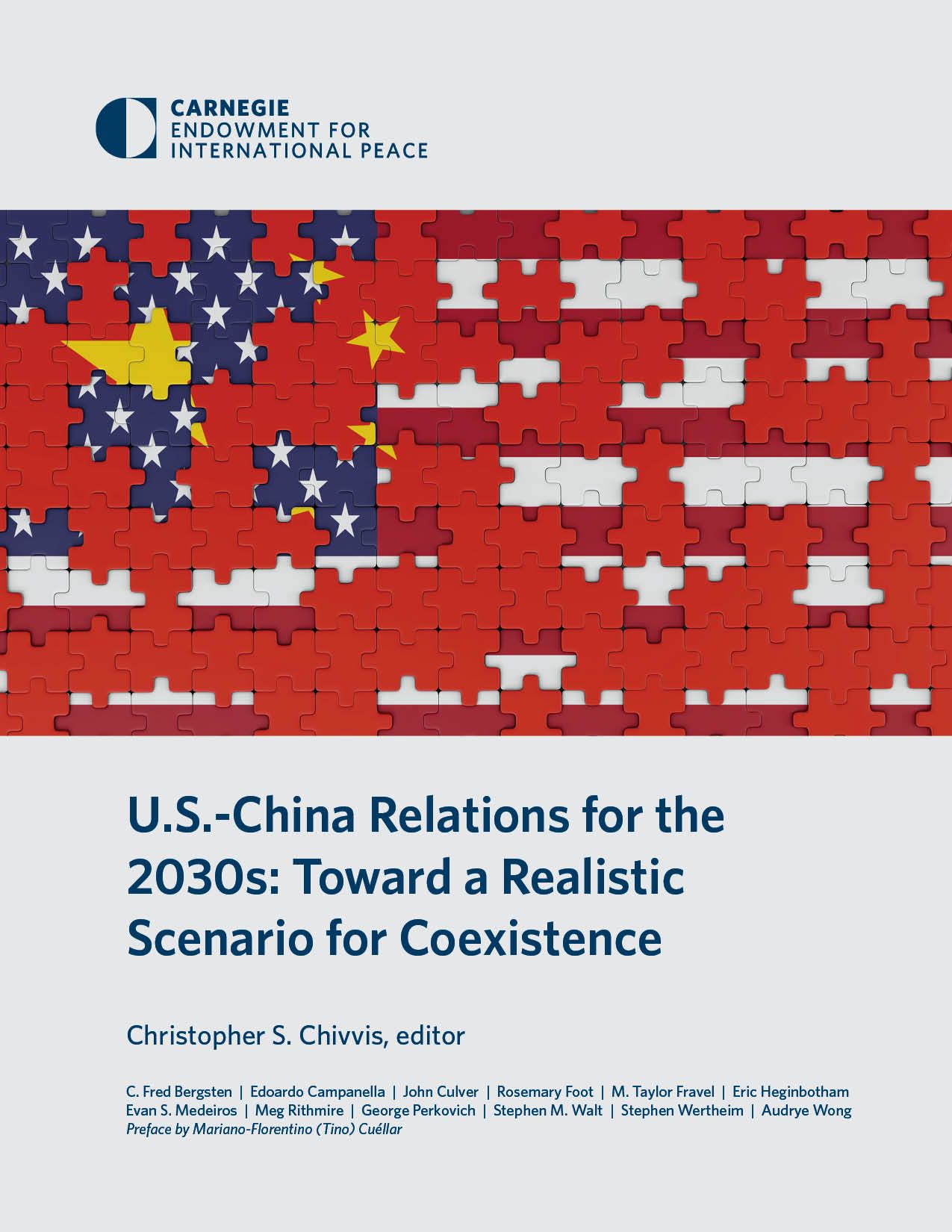
What is Your Reaction?
 Like
0
Like
0
 Dislike
0
Dislike
0
 Love
0
Love
0
 Funny
0
Funny
0
 Angry
0
Angry
0
 Sad
0
Sad
0
 Wow
0
Wow
0












